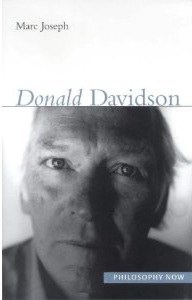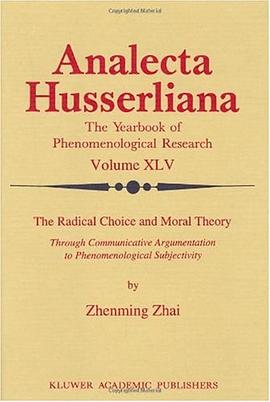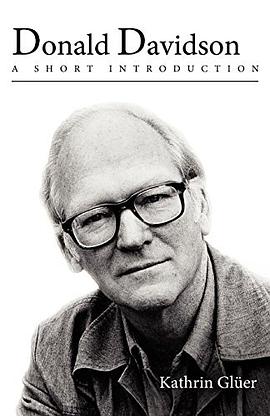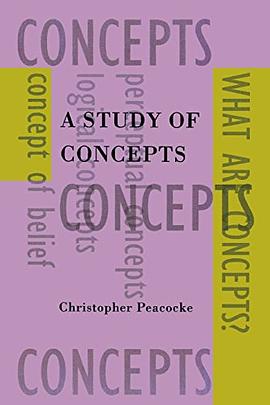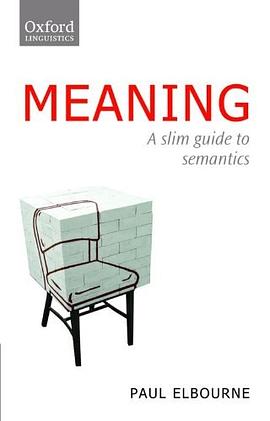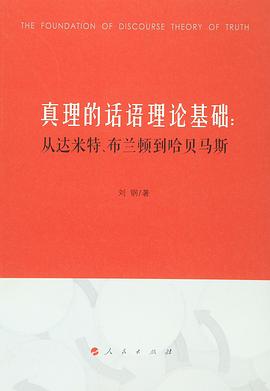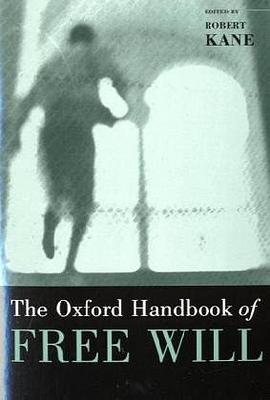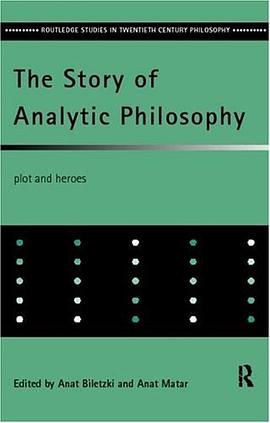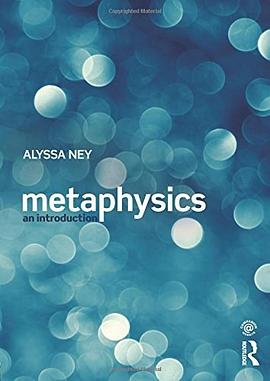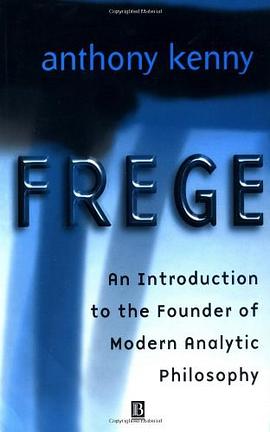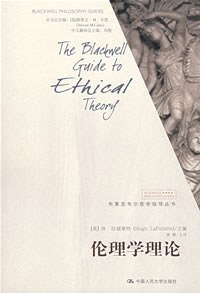

具体描述
Moral realists maintain that morality has a distinctive subject matter. Specifically, realists maintain that moral discourse is representational, that moral sentences express moral propositions - propositions that attribute moral properties to things. Non-cognitivists, in contrast, maintain that the realist imagery associated with morality is a fiction, a reification of our non-cognitive attitudes. The thought that there is a distinctively moral subject matter is regarded as something to be debunked by philosophical reflection on the way moral discourse mediates and makes public our noncognitive attitudes. The realist fiction might be understood as a philosophical misconception of a discourse that is not fundamentally representational but whose intent is rather practical. There is, however, another way to understand the realist fiction. Perhaps the subject matter of morality is a fiction that stands in no need of debunking, but is rather the means by which our attitudes are conveyed. Perhaps moral sentences express moral propositions, just as the realist maintains, but in accepting a moral sentence competent speakers do not believe the moral proposition expressed but rather adopt the relevant non-cognitive attitudes. Non-cognitivism, in its primary sense, is a claim about moral acceptance: the acceptance of a moral sentence is not moral belief but is some other attitude. Standardly, non-cognitivism has been linked to non-factualism - the claim that the content of a moral sentence does not consist in its expressing a moral proposition. Indeed, the terms 'non-cognitivism' and 'non-factualism' have been used interchangeably. But this misses an important possibility, since moral content may be representational but the acceptance of moral sentences might not be belief in the moral proposition expressed. This possibility constitutes a novel form of non-cognitivism, moral fictionalism. Whereas non-factualists seek to debunk the realist fiction of a moral subject matter, the moral fictionalist claims that that fiction stands in no need of debunking but is the means by which the non-cognitive attitudes involved in moral acceptance are conveyed by moral utterance. Moral fictionalism is non-cognitivism without a non-representational semantics.
作者简介
目录信息
读后感
评分
评分
评分
评分
用户评价
作为一个虚构主义者,对何为虚构的讨论反而是全书最薄弱的环节
评分作为一个虚构主义者,对何为虚构的讨论反而是全书最薄弱的环节
评分作为一个虚构主义者,对何为虚构的讨论反而是全书最薄弱的环节
评分作为一个虚构主义者,对何为虚构的讨论反而是全书最薄弱的环节
评分作为一个虚构主义者,对何为虚构的讨论反而是全书最薄弱的环节
相关图书
本站所有内容均为互联网搜索引擎提供的公开搜索信息,本站不存储任何数据与内容,任何内容与数据均与本站无关,如有需要请联系相关搜索引擎包括但不限于百度,google,bing,sogou 等
© 2025 book.quotespace.org All Rights Reserved. 小美书屋 版权所有

